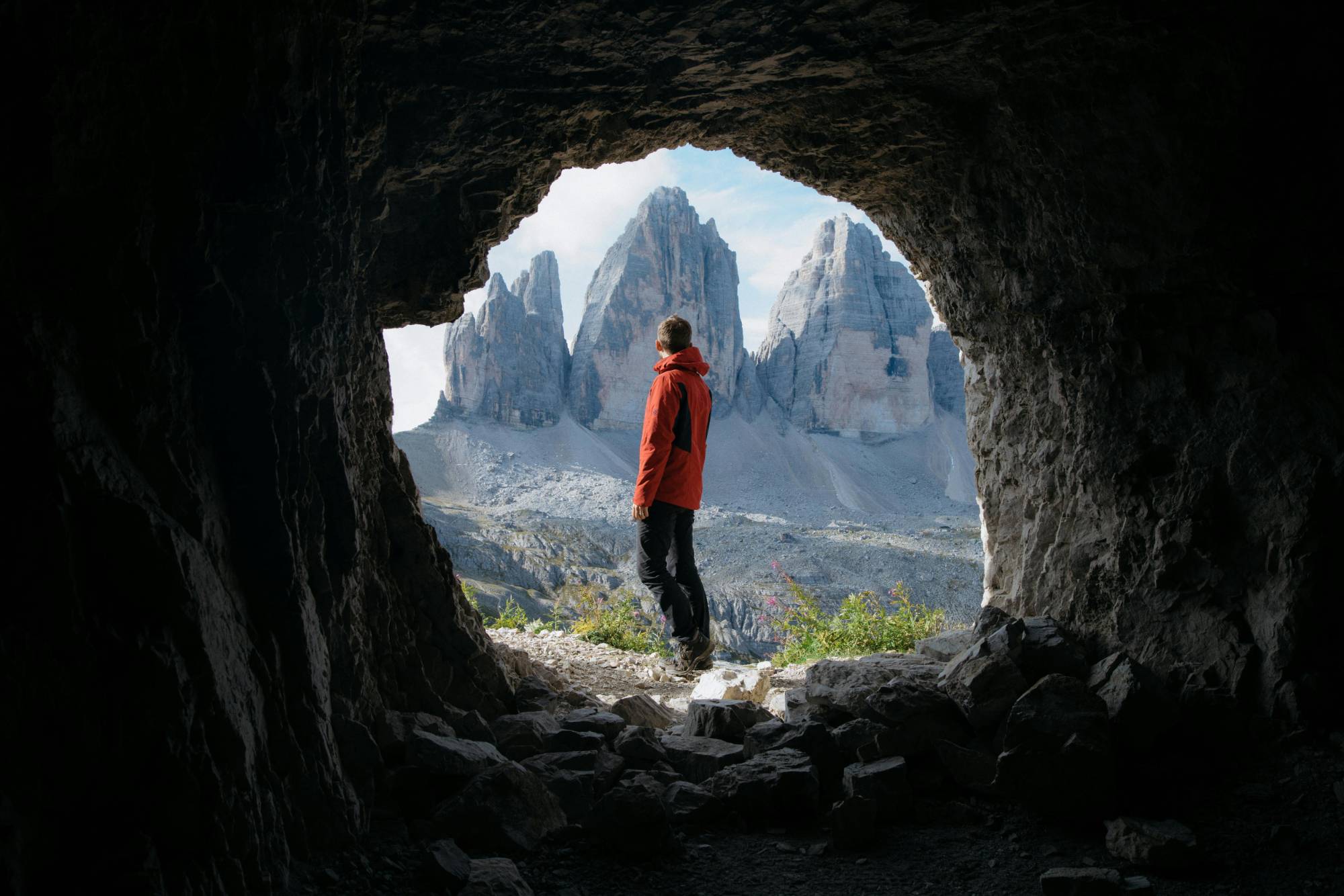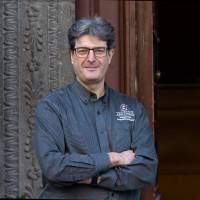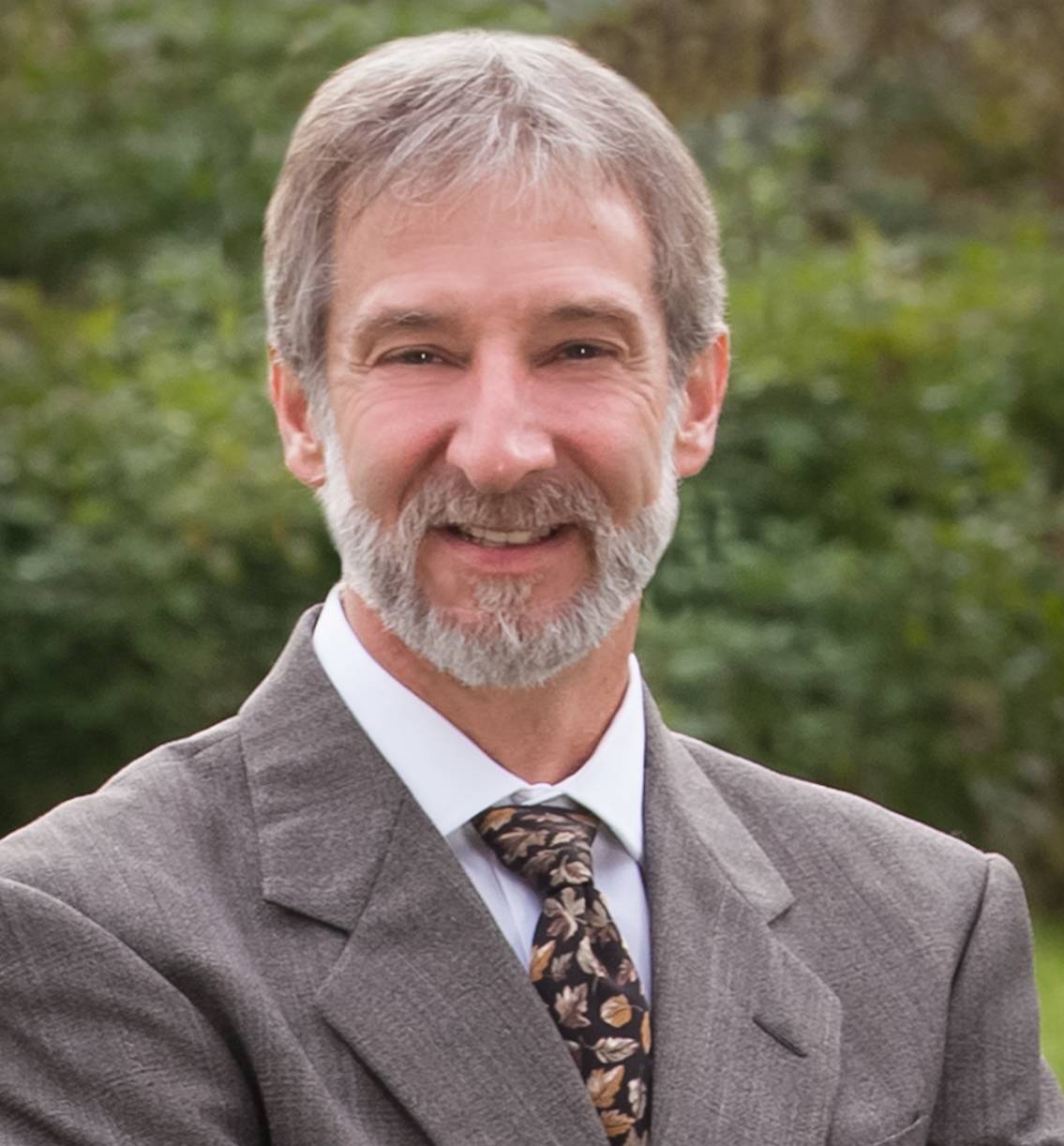 Honors Passport: E-Bike Italy
Honors Passport: E-Bike Italy
May 10 — 23, 2026
Pedal your way through northern and central Italy on a 15-day immersive journey that blends cycling, culture and academic exploration. Starting in Venice and ending in Rome, this experiential Honors course invites you to experience the Italian landscape not as a tourist, but as a thoughtful traveler—engaging with how bicycle infrastructure connects to public health, the economy, sustainability and community life.
Along the way, you’ll cycle through historic towns, visit cultural landmarks, and participate in academic discussions that connect your travels with assigned readings, including Bike Nation: How Cycling Can Save the World. You’ll keep a reflective journal, contribute to group conversations, and complete a final project that ties your experience to broader social and environmental contexts.
This is more than a class—it’s a moving classroom.
What's in it for you:
- Analyze how cycling policies influence public health, economic development and environmental sustainability, using real-world case studies observed during the trip.
- Compare cycling infrastructure and mobility policies in Italy and the United States, assessing their effectiveness and potential for adaptation.
- Apply principles of sustainable tourism and urban planning to specific locations visited, proposing strategies to better integrate cycling into local transportation systems.
- Experience the role of cycling in both urban and rural settings, exploring its social, economic and environmental impacts firsthand.
- Engage with local professionals, experts and residents to gain insight into Italy’s cycling culture and sustainable mobility efforts.
- Reflect on course themes through structured discussion and journaling, connecting them to your own academic and professional interests.
What's expected of you:
- Reflective Journals: Keep a daily journal that interprets memorable experiences and connects them to course themes, especially in relation to Italy’s cycling culture and what the U.S. might learn from it.
- Community Session Leadership: Lead a learning session in a chosen location, exploring the social, environmental, health or economic impact of cycling with guidance from the instructors.
- Participation/Immersion: Engage fully and professionally in all trip activities, discussions and debriefs, representing the university with respect in every community visited.
- Design Your Own Learning Day: Create a personalized learning experience tied to your academic or professional interests, including site visits, activities and reflections.
- Stories of People You Meet: Document meaningful encounters with people along the journey, focusing on cultural insight and personal takeaways.
Cycling, safety and physical expectations:
Participants must demonstrate strong cycling skills, including the ability to confidently navigate mixed terrain such as gravel, uneven surfaces and moderate climbs. Basic cycling proficiency is required, and all students must complete a pre-trip safety and endurance assessment, which will take place during organized rides on the Razorback Greenway.
The cycling component of the program includes:
- Seven cycling days, with daily distances ranging from 43 km (27 mi) to 108 km (67 mi)
- Routes that cover a mix of terrain, including downhill sections, moderate climbs and flat stretches
- Daily ride times ranging from approximately 3 hours to 8–9 hours on the longest days (including breaks)
Course Credit:
About your professors:

Francesco Bedeschi is an Italian architect and educator with extensive experience in sustainable design, environmental parametric, and high-performance architecture. He currently serves as Resident Director of the University of Arkansas Rome Program and Managing Director at SINERGI Consulting srl, where he advises on sustainability strategies for a wide range of projects in Italy and abroad. He holds a Bachelor of Architecture from Sapienza University of Rome and a Master of Architecture from Rensselaer Polytechnic Institute in New York. Since 2003, he has taught at various institutions including the University of Arkansas, Mississippi State University, Philadelphia University, Auburn University, University of Wisconsin Milwaukee (San Gemini Program), and Rensselaer Polytechnic Institute. His teaching focuses on architectural design, urban theory, and sustainable practices. Francesco has been a driving force in Italy’s green building movement. He was the founding secretary of the Lazio Chapter of Green Building Council Italia and has served on the Board of Directors through four terms, three of which on the Executive Committee with responsibilities over education, regional chapters, and more recently, international relations. In 2023, he curated and published the first national Impact Report on green building protocols in Italy. Since 2021, he has been a member of the Steering Committee of AACUPI (Association of American College and University Programs in Italy), overseeing programs in the Lazio region. AACUPI supports and coordinates U.S. university programs in Italy, fostering academic excellence and institutional collaboration. In November 2024, Francesco became the first SITES Accredited Professional in Italy, further deepening his commitment to sustainable site and landscape development through the Sustainable SITES Initiative. Beyond architecture, Francesco is passionate about the outdoors, particularly gravel cycling and mountain biking. He regularly explores the Italian countryside on two wheels, combining a love for nature, endurance, and discovery—a passion that often parallels his professional approach to resilient and regenerative design.

Jonathan (Jon) Johnson is a University Professor and the Walton College Professor of Sustainability in the Sam M. Walton College of Business at the University of Arkansas, where he has served on the faculty since 1996. He earned a Bachelor of Science in zoology and an MBA from the University of Arkansas, followed by a doctorate from the Kelley School of Business at Indiana University. His research focuses on corporate governance, social network theory and corporate sustainability. Johnson teaches strategy, organization theory, research methods, innovation, sustainability and outdoor industries.
In addition to his research and teaching, Johnson has led several sustainability initiatives at the University of Arkansas, including founding the Applied Sustainability Center in 2007 and The Sustainability Consortium in 2009. He was the inaugural chair of the Department of Strategy, Entrepreneurship and Venture Innovation, after which he served as faculty lead for a grant-funded project to develop the Outdoor Products and Services program. That program offers undergraduate, graduate and nondegree-seeking opportunities to support the emerging cycling and outdoor economy in Northwest Arkansas.